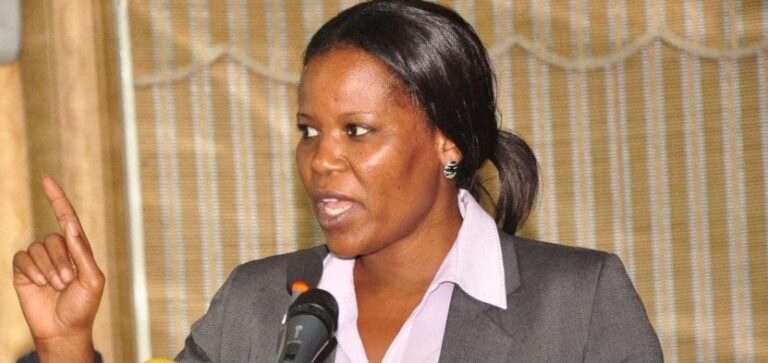South Sudan’s hard-won unity is under unprecedented strain. Political paralysis, insecurity, and growing public frustration have created fertile ground for rising regional sentiments in favor of greater autonomy to manage their own affairs. These growing regional sentiments, shaped by decades of injustice and exclusion, raise an urgent question: how can the country be saved from fragmentation?
In the northeast, resentment toward the central government runs deep. The Upper Nile region, which includes the states of Upper Nile, Unity, and Jonglei, contributes significantly to the national economy through oil production, yet remains scarred by poverty, war, and political neglect. Many Nuer and Shilluk residents believe the system entrenches tribal control by small elite groups in Juba, leaving them politically and economically excluded. Their local leaders and citizens are demanding greater autonomy, arguing that their resources and voices have long been overlooked.
Meanwhile, in the southern region of Equatoria, long considered the cradle of political consciousness, calls for autonomy or federalism are intensifying. Equatoria, home to Western, Central, and Eastern states, is rich in culture and diversity, yet its people feel sidelined in a system that rewards loyalty to power rather than merit. Equatorians often remind the nation that the first southern rebellion against Khartoum began in Torit in 1955, yet their sacrifices are rarely acknowledged. Frustration peaked in 2016 when General Thomas Cirillo led an armed rebellion, shifting local sentiment from reform to resistance.
Amid these rising regional calls for greater self-rule, the Fertit people of Western Bahr el Ghazal find themselves in a uniquely precarious position. Their homeland lies between the north and south, a geographic and political fault line that could leave them vulnerable should the country fracture. The Fertit, one of South Sudan’s oldest and most diverse communities, comprise approximately 27 small ethnic groups, united by shared experiences of marginalization. During the 1980s, their towns around Wau suffered brutal attacks from SPLA forces who viewed them as sympathetic to Khartoum, leading to the formation of self-defense militias known as the “Army of Peace.” After independence, the Fertit had hoped for inclusion and equitable development, yet many still feel politically excluded and economically neglected. The 2016 massacre in Wau, which killed dozens and displaced thousands—most of them Fertit civilians—remains a painful reminder of how fragile their security is.
Looking ahead, South Sudan faces three potential paths. The first is fragmentation and division, an outcome in which the country breaks into multiple self-governing territories, igniting competition over oil, land, and water, and leaving minorities like the Fertit, Shilluk, and Zande exposed to persecution. The second path is the adoption of genuine federalism or confederation, where power is decentralized, resources are shared fairly, and regions gain substantial autonomy while preserving national unity. The third, and perhaps most probable in the short term, is the continuation of the status quo: political stagnation, unimplemented peace agreements, economic collapse, and a slow unraveling of the state from within.
Whatever the path, one lesson is clear: centralized authoritarian rule has failed. The nation’s survival will depend on addressing the grievances of communities, the equitable distribution of resources, confronting injustice, restoring trust in institutions, and embracing diversity as a strength rather than a threat. There is still time to save South Sudan, though the window is closing fast.
The writer, Lilian Riziq, is a renowned social justice activist and a leading figure in South Sudan’s women’s movement. Her work focuses on advancing gender equality, fostering peace, and promoting social justice. She formerly served as finance minister of Western Bahr el Ghazal state.
The views expressed in ‘opinion’ articles published by Radio Tamazuj are solely those of the writer. The veracity of any claims made is the responsibility of the author, not Radio Tamazuj.




